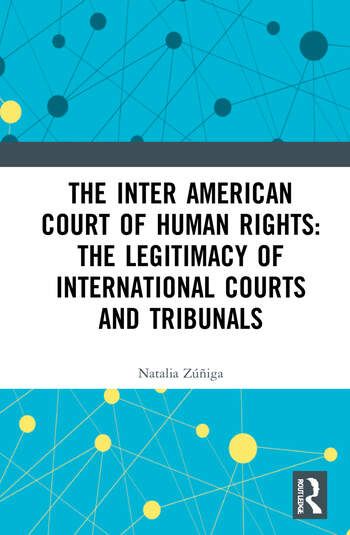
This book provides a critical legal perspective on the legitimacy of international courts and tribunals.
The volume offers a critique of ideology of two legal approaches to the legitimacy of the Inter American Court of Human Rights (IACtHR) that portray it as a supranational tribunal whose last say on human rights protection has a transformative effect on the democracies of Latin America. The book shows how the discussion between these Latin American legal strands mirrors global trends in the study of the legitimacy of international courts related to the use of constitutional analogies and concepts such as the notion of judicial dialogue and the idea of democratic transformation. It also provides an in-depth analysis of how, through the use of those categories, legal experts studying the legitimacy of the IACtHR enact self-validation processes by making themselves the principal agents of transformation. These self-validation processes work as ideological apparatuses that reproduce and entrench the mindset that the legal discipline is a driving force of change in itself. Further, the book shows how profiling the Court as an agent of transformation diverts attention from the ways in which it has pursued a particular view of human rights and democracy in the region that creates and reproduces relations of inequality and domination. Rather than discarding the IACtHR, this book aims to decenter the focus away from formal legal institutions, engaging with the idea that ordinary people can mobilize and define the content of law to transform their lives and territories.
The book will be a valuable resource for scholars working in the areas of human rights law, law, public international law, legal theory, constitutional political science and legal philosophy.